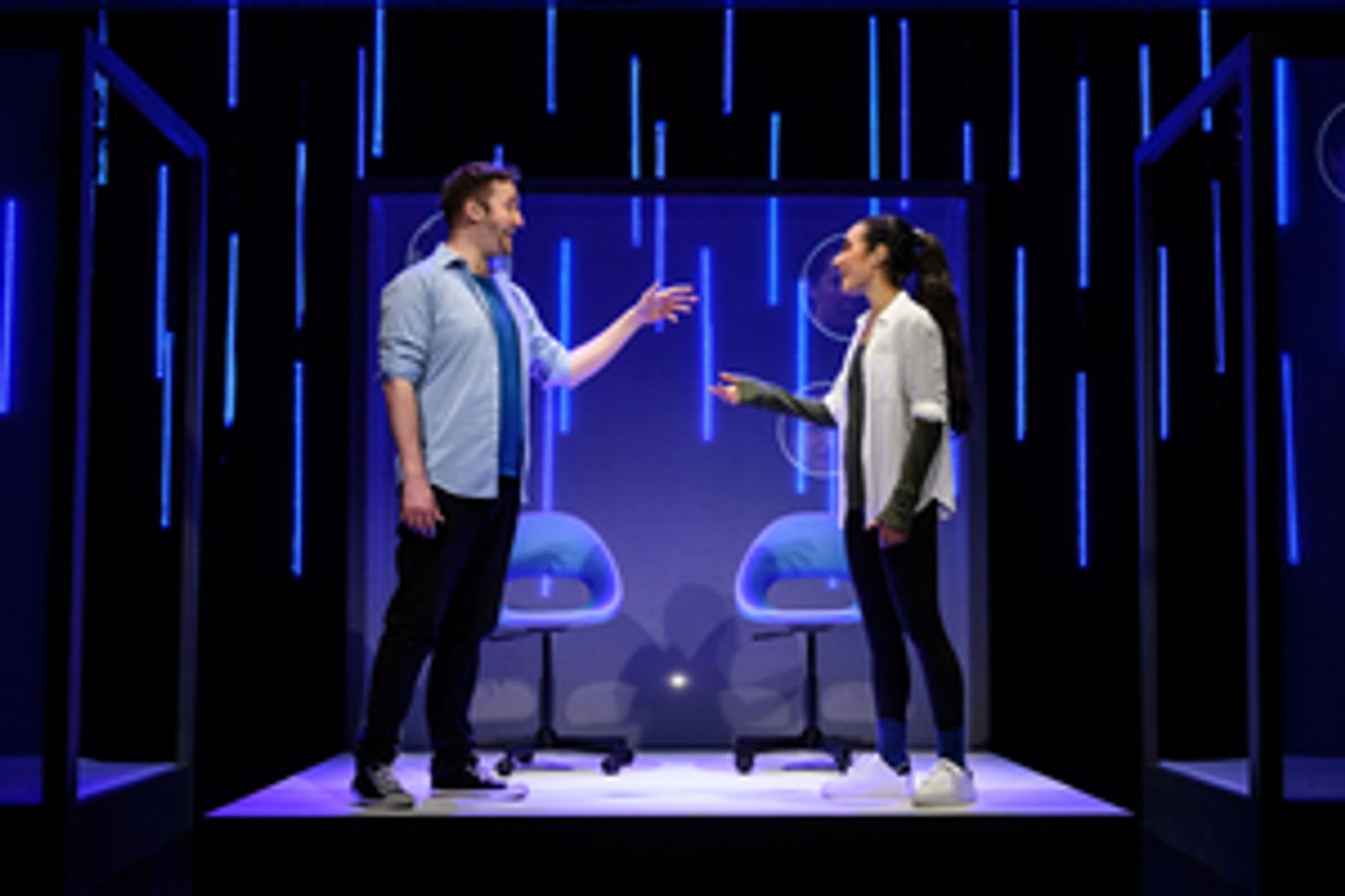Review: PUBLIC DOMAIN, Vaudeville Theatre
It looks and sounds great but is not as meaty as one expects

![]() In September 2006, all people with an internet connection and a valid email address aged 13 and above were able to sign up to a website that was going to change the world. A year later, Facebook was worth 15 billion dollars. Around the same time, another platform by the name YouTube started to become popular. From then on, we saw a steady rise of social media platforms that connected us and made us feel less alone.
In September 2006, all people with an internet connection and a valid email address aged 13 and above were able to sign up to a website that was going to change the world. A year later, Facebook was worth 15 billion dollars. Around the same time, another platform by the name YouTube started to become popular. From then on, we saw a steady rise of social media platforms that connected us and made us feel less alone.
Soon enough, normal people began to pioneer new forms of entertainment and the role of the online creator was born. Today, YouTubers and Instagram influencers hold the same power as film stars and celebrities, if not more.
Francesca Forristal and Jordan Paul Clarke first premiered their verbatim musical Public Domain this past January as a digital production livestreamed from Southwark Playhouse directed by Adam Lenson. Now, they have moved the show to the Vaudeville Theatre, playing for real audiences.
It's difficult to pin down the exact plot. It follows the rise and fall of two YouTubers, alongside Mark Zuckerberg's latest court case too as well as his relationship with his wife Priscilla Chan and the working conditions of his employees. As a whole, while the production value of the piece is remarkable, it's also quite messy in its goals.
The set is simple but impressive. Libby Todd sets up see-through screens that separate the actors from the audience, a precise metaphor for the divide and disconnect between online entertainers and their public. She leaves a gap in the middle that becomes "real life"; while the screens also become backdrops for integral projections: this area of the stage seems to host our off-screen existence.
The techno-pop score is relentless while the quotes taken directly from videos, posts, tweets, and the like paint a distorted reality. Forristal and Clarke highlight the contradictions of today's influencers, but they end up depicting a rather simplistic version of the social media world.
This isn't to say that they don't touch on very poignant topics. Fake or excessive positivity and Zuckerberg's shortcomings are explored, while the lesser known issues of Facebook's content moderators and the permanent scars left by watching videos of murders and abuse are only briefly mentioned.
As it is, the show would have been thought-provoking years ago, but today feels slightly outdated given that the conversation is more complicated than mertely "social media is bad". The internet is an essential part of our life and so are these platforms. The writing pair are clearly millennials, but why is their understanding so boomer-like and their approach so old-fashioned?
They focus on the toxic results of having an online presence as well as the alienation that comes with it, but they don't delve more deeply. The facetiousness of internet-based personalities is addressed, but nothing is truly said about the more wholesome parts of the community.
Sure, they tackle the dark side of the net without providing substantial reasons and examples for its dangers. They're vversatile as actors and morph into different characters with distinguishing features throughout, but the writing ends up being too repetitive and trite at times.
They present social media as the bogeyman, but don't introduce the tools to navigate what has become such a crucial part of our daily lives. Running at 75 minutes, the piece would perhaps benefit from an additional act where the company offers the necessary advice to lead a healthy life online. So far, Public Domain looks and sounds great, but it's not as meaty as one expects it to be.
Public Domain runs at the Vaudeville Theatre until 30 May.
Photo credit: Jane Hobson
Reader Reviews
Videos

